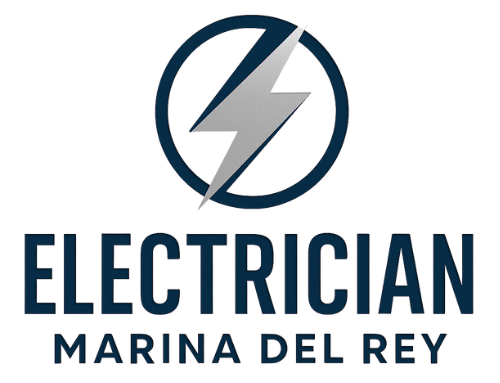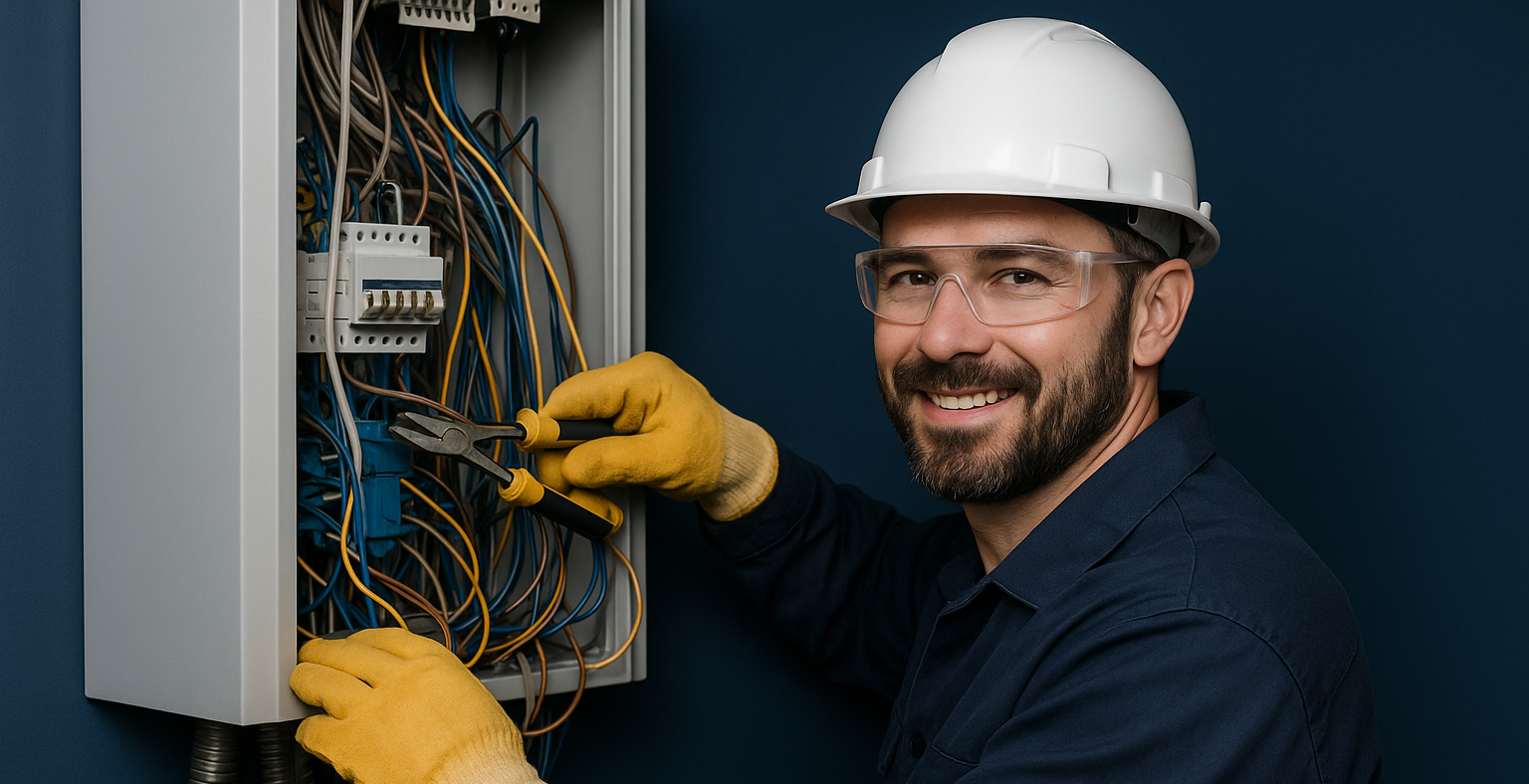Choosing the right electrician is one of the most important decisions you’ll make when it comes to safety and performance. Whether you’re planning to install new lighting, upgrade your electrical panel, or manage a commercial project, hiring a qualified professional ensures the work is completed safely, efficiently, and in compliance with local codes. With countless electricians available, knowing what to look for helps you save time, prevent costly mistakes, and protect your investment.
1. Verify Licensing and Certification
Always begin by checking if the electrician is properly licensed and certified. A valid license means they’ve completed the required education, passed professional exams, and understand national and local electrical codes. Request their license number and verify it with your state or municipal licensing department. For more complex projects, consider hiring a master electrician who has advanced training and years of experience handling sophisticated systems. Avoid unlicensed workers at all costs – it’s risky, often illegal, and can void your property insurance if something goes wrong.
2. Ensure They Have Proper Insurance Coverage
Electrical work carries inherent risks, so your electrician must have both general liability insurance and workers’ compensation coverage. Liability insurance protects your property from accidental damage, while workers’ compensation ensures you’re not liable for any on-site injuries. Before hiring, ask for proof of insurance and check that the coverage is up to date. This small step gives you peace of mind and financial protection throughout the project.
3. Look for Experience That Fits Your Project
Not all electricians specialize in the same type of work. Residential electricians typically handle home wiring, fixture installations, and service upgrades. Commercial electricians deal with larger-scale systems, complex wiring, and code compliance in offices, warehouses, or retail spaces. Industrial electricians focus on automation, heavy equipment, and high-voltage systems. Choose someone with proven experience in the kind of project you’re undertaking – specialized knowledge ensures efficiency, safety, and lasting results.
4. Research Reviews and Ask for References
A company’s reputation speaks volumes. Check online reviews on trusted platforms and look for consistent feedback about punctuality, communication, and the quality of work. Don’t hesitate to ask the electrician for recent references. Calling a few past clients can give you valuable insight into how they manage deadlines, handle challenges, and maintain professionalism. Reliable electricians are always proud to share their track record of satisfied customers.
5. Request Detailed Estimates and Compare Quotes
Once you’ve shortlisted a few electricians, request written estimates from at least two or three of them. A professional electrician will inspect your property, understand your needs, and provide a clear, itemized quote covering labor, materials, permits, and timelines. Avoid vague or verbal quotes. Be cautious with unusually low prices – these often indicate the use of cheaper materials or shortcuts that could compromise safety. Choose the proposal that offers transparency, fair pricing, and detailed communication instead of simply the lowest cost.
6. Confirm Permits and Compliance
Electrical projects often require official permits and inspections to meet local safety regulations. A reputable electrician will know which permits are necessary and will handle the process on your behalf. Avoid anyone who suggests skipping permits to save time or money. Doing so can lead to fines, failed inspections, and potential legal issues in the future. Compliance with building codes isn’t just a formality – it’s a critical step in protecting your home or business.
7. Assess Communication and Professionalism
A great electrician communicates clearly and treats clients with respect. Take note of how they respond to your initial inquiry – do they answer promptly, listen carefully, and explain your options in detail? During the estimate, a professional should provide honest advice, clear explanations, and realistic expectations. Consistent communication builds trust and ensures your project runs smoothly from start to finish.
8. Observe Safety Practices and Work Quality
Electrical work must be performed with precision and strict adherence to safety procedures. Ask how the electrician ensures a safe work environment. Do they use personal protective equipment, follow lockout/tagout protocols, and maintain a clean workspace? A professional electrician will also demonstrate pride in craftsmanship – neatly organized wiring, secured connections, and thorough testing after installation. Poor workmanship can lead to hazards, malfunctions, and costly repairs down the line.
9. Review Warranties and Service Guarantees
A dependable electrician stands behind their work. Before you sign a contract, ask about the warranties they provide for both materials and labor. Most licensed professionals offer at least a one-year warranty on workmanship, while premium electricians may offer longer coverage. Also, ask what brands they use for components and fixtures. Quality materials from trusted manufacturers enhance safety, reliability, and system longevity.
10. Trust Your Instincts and Watch for Red Flags
Your intuition can be one of your best tools when choosing an electrician. If a contractor pressures you to make a quick decision, avoids written documentation, or hesitates to share credentials, those are warning signs. Professionals are transparent, patient, and respectful of your concerns. They’ll answer your questions thoroughly and provide all necessary paperwork before starting the job. Trust your gut – if something doesn’t feel right, it’s okay to keep looking.
Why Choosing the Right Electrician Matters
A skilled electrician doesn’t just install wires and outlets – they protect your property, prevent hazards, and ensure your electrical systems perform safely and efficiently. Faulty electrical work can lead to fires, short circuits, and expensive downtime. Choosing a licensed, insured, and experienced electrician is an investment in the long-term safety and stability of your property. Whether it’s upgrading a home panel, wiring a new office, or installing energy-efficient lighting, professional workmanship ensures peace of mind and reliable performance.
Final Thoughts
Hiring an electrician is more than just finding someone who can “get the job done.” It’s about selecting a professional who values safety, integrity, and quality. Take time to research, compare, and verify before making your final decision. The best electricians welcome your questions, explain their process clearly, and deliver exceptional results that last. When you choose wisely, you’re not just hiring a contractor – you’re securing a safer, more efficient future for your home or business.

